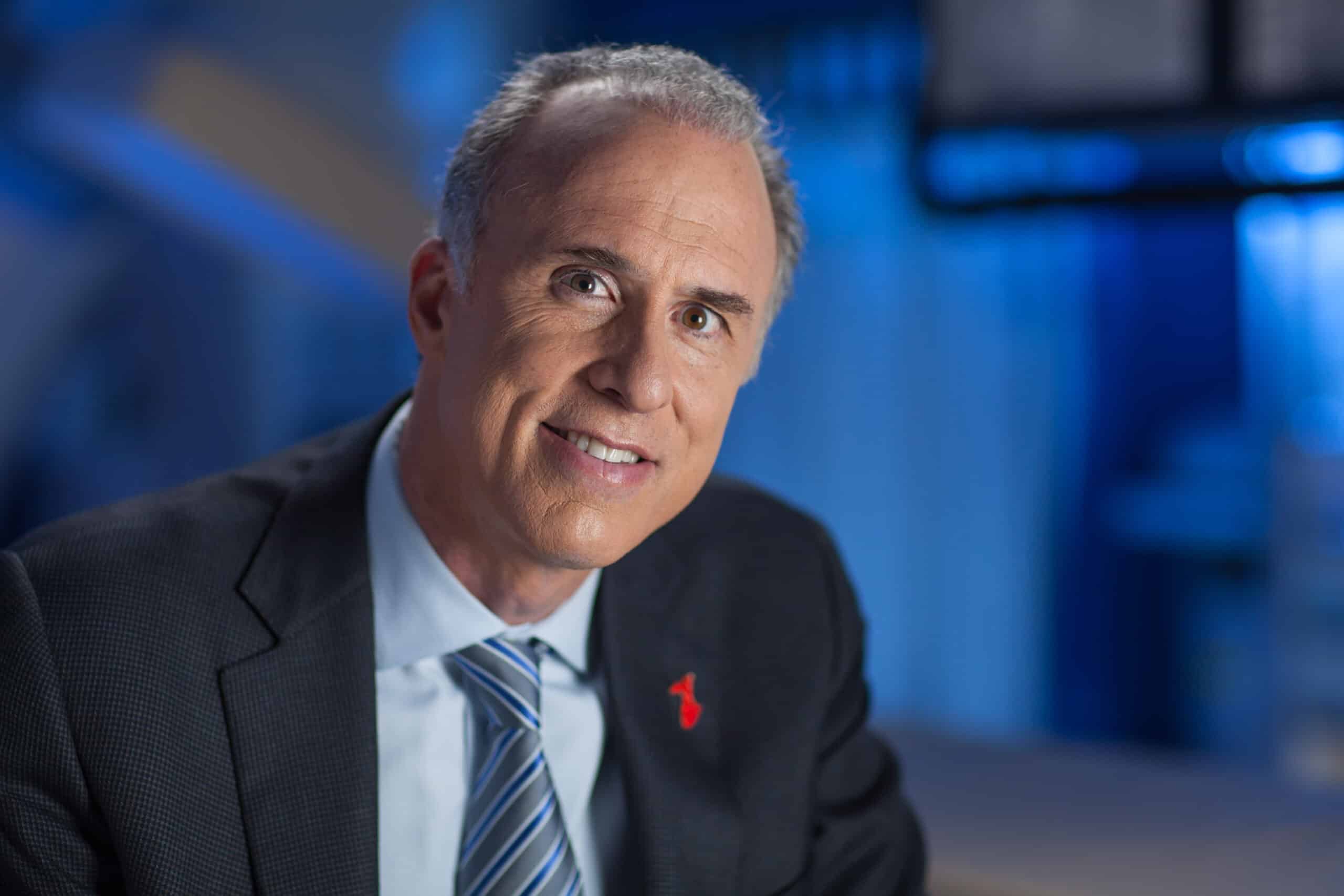
Cardiovascular disease remains the leading cause of death worldwide, yet many risk factors remain largely unknown to the public. One of these is lipoprotein(a), or Lp(a)—a genetic lipid particle that, according to new data from the Family Heart Foundation, significantly increases the risk of heart attack and stroke.
To shed light on this often-overlooked condition, BlackDoctor.org spoke with Nikita Wilburn, Michele Daniels, and Dr. Sean Baum, Chief Medical Officer of Flourish Research and chairman of the board of the Family Heart Foundation. They shared their personal stories, medical expertise, and a call to action for better awareness and screening.
Personal Journeys: Turning Pain into Purpose
Nikita Wilburn
As an oncology nurse and executive director for Health Warrior Community Outreach, Nikita’s advocacy began with a personal tragedy. After her mother died suddenly, Wilburn discovered the cause was heart disease. This led her to get tested herself, where she found her Lp(a) levels were dangerously high.
“After that, it spiraled into me getting tested. I found out my numbers were pretty high, and my mission is to spread

awareness—because if that hadn’t happened, I would have never known,” Wilburn shares.
While her family was aware of hypertension, Lp(a) was not on their radar. Wilburn recalls freezing when a health event volunteer asked her about heart disease, as it brought her back to the day she saw her mother’s death certificate.
When she first saw her own elevated numbers, she feared it was a death sentence. “When I Googled how to get rid of it, there was no solution,” she recalls. After processing the news, she shifted her focus to advocacy, especially within the Black and Brown communities, where education on heart health and medication adherence can be lacking.
Today, she incorporates this advocacy into her nursing practice, stressing the importance of managing cholesterol and blood pressure. “There are things I can’t fix, but there are a lot of things today I can do for the community,” she says.
Wilburn encourages people to take action. She has even had clients tell her their provider dismissed Lp(a) as unimportant. “One client’s LDL was almost 300. We were able to test her at a conference,” she notes. “I have to say, especially to patients in the Black and Brown community, ‘I don’t want you to have a heart attack or stroke while we’re trying to get rid of your cancer.’” She explains that while patients may not want to be on lifelong medication, there are safe ways to manage their health.
RELATED: What is Lipoprotein(a) and Should You be Tested For it?
She also stresses the importance of knowing your numbers and finding a doctor who will listen. “Follow up with a cardiologist. If you’re not being heard, don’t be afraid to ask for a referral to someone who understands Lp(a),” she advises. “There’s power in knowledge, and it allows you to make informed decisions when you’re highly informed.”
Michele Daniels

Michele Daniels, Vice President of Teleport Community Outreach and a Brand Ambassador for the Family Heart Foundation, also discovered her high Lp(a) levels unexpectedly—at the same time as her teenage daughter. This experience brought back painful memories of her grandfather, who died suddenly from a heart attack at 15 years old.
“Finding out I have Lp(a) made me get serious about seeing a cardiologist,” she explains. The experience also made her think about her grandmother, who had high blood pressure, and her mother, who died at 49 from adrenal cancer.
Daniels notes that in the Black and Brown communities, people often accept poor health as an inevitability, saying, “We all have to die from something.” She pushes back on this idea, telling people there are ways to prevent going down that same path.
Because of the seriousness of the condition, she has been very direct with her daughter. “I told her, ‘If you don’t do better, you could die.’ I think that made her understand the seriousness,” she says. Daniels believes parents must be proactive. “If I hadn’t spoken up to her pediatrician, she never would have been tested.”
She advises others to be their own best advocates. “If you’re not being heard, go to another doctor. You have to think long-term: Do I want to live for my kids? For my husband? Be your biggest advocate,” she says.
Understanding Lp(a)
Dr. Baum explains that Lp(a) is a “triple threat” particle in the bloodstream. It is smaller than LDL (“bad cholesterol”) and more dangerous because it promotes:
- Atherosclerosis: Plaque buildup in the arteries
- Inflammation: Damage to blood vessels
- Thrombosis: Increased blood clotting risk
About 20 percent of the population has elevated Lp(a) levels, with a higher prevalence in women, Black Americans, and South Asians. Yet, less than five percent of Americans know their levels.
“The Family Heart Foundation studied over 250,000 Americans with prior cardiovascular events and found that the higher the Lp(a), the higher the risk of another event—independent of race, ethnicity, or sex. Even levels we consider ‘normal’ today still carry higher risk,” Dr. Baum explains.

Dr. Baum advocates for universal screening—at least once in a lifetime—with repeat testing at key life stages, such as menopause. Treating Lp(a) involves addressing all cardiovascular risk factors. “Lower LDL as much as possible, control hypertension, exercise, maintain weight,” he advises. He also mentions lipoprotein apheresis for very high cases and new drugs in development that could be available as soon as next year.
He encourages everyone to get tested. “Ask your doctor for an Lp(a) test. If they won’t, the Family Heart Foundation offers free screening, plus care navigators to connect you with the right resources,” he says.
Key Takeaways
- Lp(a) is genetic: It’s present from birth and constant throughout life.
- Risk starts early: Children should be tested if there’s a family history.
- Testing isn’t routine: You must request it.
- Knowledge must lead to action: Follow up with a specialist and address all other cardiovascular risks.
- Advocacy is critical: Be an advocate for yourself, your family, and your community.
Resources:
- Family Heart Foundation: Offers free Lp(a) testing and education
- Cholesterol Connects Program: Provides free at home screening kits and resources
- American Heart Association: Information on cholesterol and heart health








